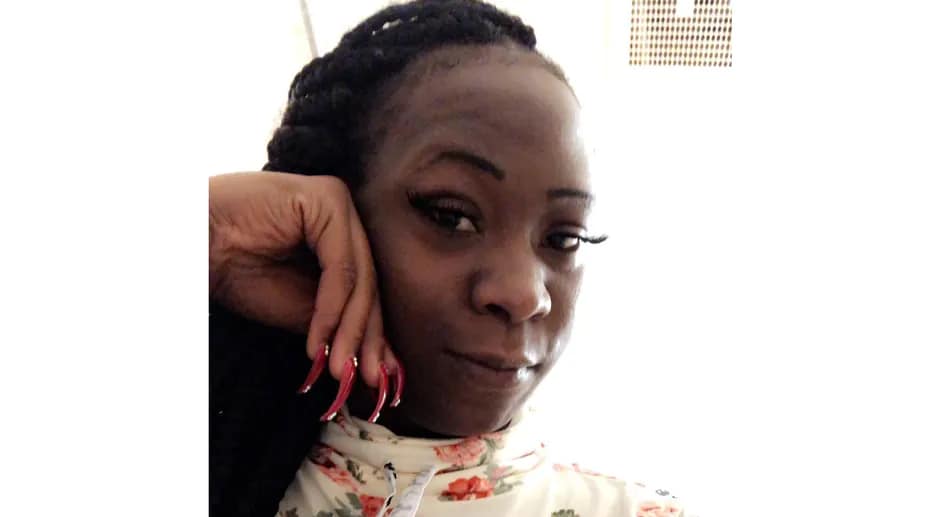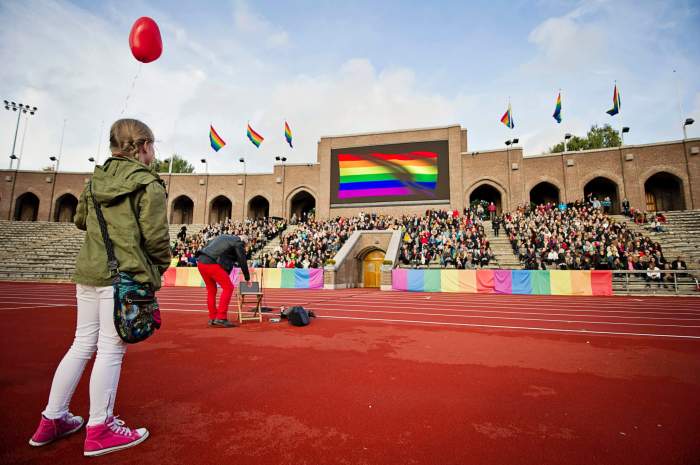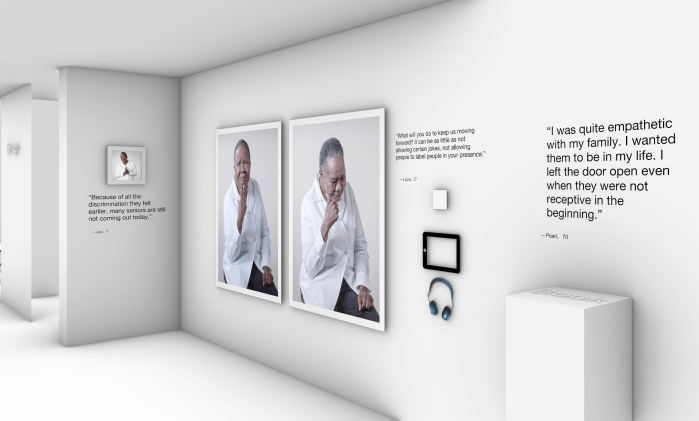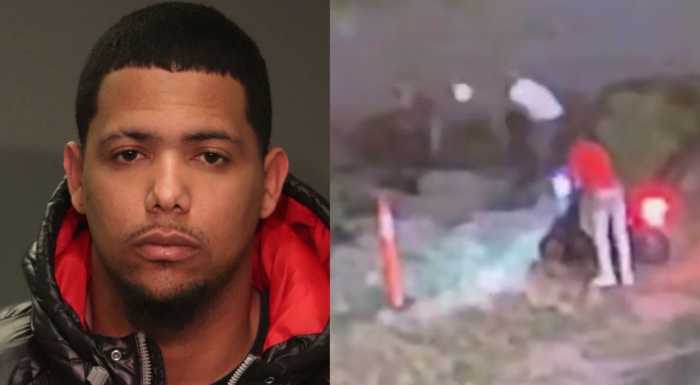Following the murders of two Black transgender women in different hotel rooms in North Carolina, police have made two arrests — but advocates are not reassured by the way authorities have conducted themselves in the process.
Dontarius Long, 21, and Joel Brewer, 33, are facing multiple charges in connection with the deaths of 29-year-old Jaida Peterson and 28-year-old Remy Fennell, Charlotte-Mecklenburg Police Chief Johnny Jennings said at a news conference on April 16. The alleged perpetrators have been charged with murder, robbery with a dangerous weapon, and conspiracy to commit robbery with a dangerous weapon. Police said the men committed the crimes together.
Peterson, 29, was discovered unresponsive in a hotel room after officers responded to a welfare check at the 3100 block of Queen City Drive — which appears to be the site of a Quality Inn and Suites — on Sunday, April 4. On April 15, Fennell, a 28-year-old female victim, was shot to death in a room at a Sleep Inn at 8525 North Tryon Street, which is in northeast Charlotte. Both women were also sex workers.
However, in the aftermath of the arrests, the local community is not necessarily feeling protected by local authorities. A Black trans woman who stays at a nearby hotel said officers demanded to search her room on April 19. The officers said they were looking for someone, although no one was in the suite.
“Look in my room? Absolutely not,” Jayla Neil, 30, said in a phone interview with Gay City News from Charlotte. “I can hold my door open or you can get a warrant. If I let them in, anything could have happened to me.”
For those in Charlotte’s trans community, the police response to the string of murders is different from their relationship with communities of color on the ground. Neil said residents of color are targeted for selling CDs, while transgender women are often profiled when walking down the street.
“The police don’t give a damn,” Neil said.

Ash Williams, a transfeminine non-binary community organizer at Charlotte Uprising, a social justice advocacy group, and a member of the House of Kanautica, said he worries law enforcement’s response deviates from an effort to tackle homelessness, economic and food insecurity, and other issues contributing to the rampant violence against the trans community.
“We can’t pretend that if we pluck out the seemingly isolated instances of violence that we have saved Black trans women,” Williams said in an interview with Gay City News. “Because we are Black trans abolitionists, we know that’s not true.”
He added, “What we have been asking for is lower barriers and increased access to housing and health care, and these people being in a cage does not give Black trans women increased access to housing. It does not stop workplace discrimination in Charlotte.”
Charlotte Uprising has raised more than $10,000 in mutual aid funding to provide safe housing for Black transgender women. Neil is one of nearly a dozen trans women using these funds. While the money offers temporary relief, she also sees it as a gateway toward pursuing a stable job as a chef or working in a salon.
“It was very helpful,” said Neil, who has received $700 in funding. “It’s enough for the girls to be able to shelter for two weeks and get groceries.”
She noted that pandemic-related closures have made it difficult to access support services. Plus, like many transgender people, she has faced barriers in changing identification documents, which is another obstacle to safe lodging.
“Getting housing is the hardest thing for a trans girl,” she said. “You got to worry about people harassing you.”
Neil has received help from Charlotte Uprising since she faced a brutal transphobic attack on a bus in Charlotte more than three years ago. Last week, despite the growing violence against trans people in the US — including cases in North Carolina — Rob Tufano, a spokesperson for the police department, said, “this isn’t something we see frequently, something we rarely see.”
As the community grapples with the latest attack, Neil said her ask is simple — to not get hurt and for others to defend the lives of Black trans people.
“The trans girls are really going through it now, but we don’t really show it,” she said. “We only comfort ourselves in praying every day that we can walk out on these streets and somebody can stand up for us.”
To sign up for the Gay City News email newsletter, visit gaycitynews.com/newsletter.



































